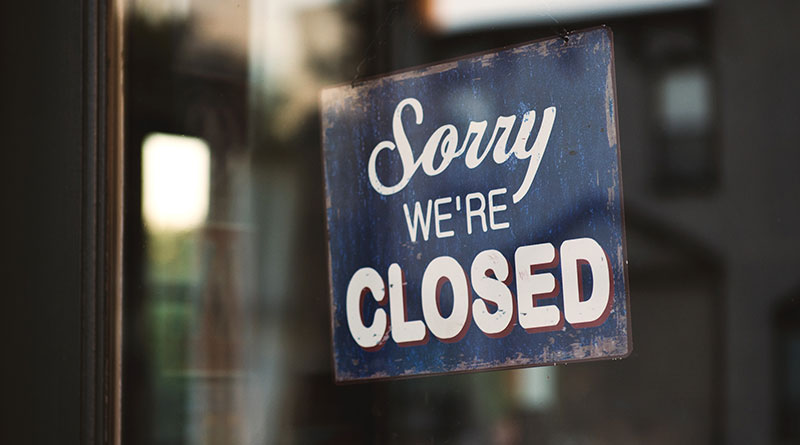Pub Closures at Fastest Pace in a Decade as Rising Interest Rates and Energy Bills Take Toll

Pubs are closing at the fastest rate ten years, with analysts warning that of further closures, new research has revealed.
200 pub businesses entered insolvency in Q1 2023, 620 over the last 12 months, representing a 68% increase on the previous year (369).
Mounting energy prices over the last year have piled pressure on pubs’ balance sheets, as have increasing wages and a slowdown in consumer spending in response to the rising cost of living, driving pub insolvencies sharply over the last year.
Experts have warned that the Bank of England’s 12 successive interest rate increases will accelerate the rate of closures as the year progresses.
“Rising interest rates will increasingly leave highly leveraged businesses in the restaurant sector unable to meet loan repayments. At the same time banks are clamping down harder on non-performing loans,” Price Bailey said.
A shortage of staff compounded by high utility prices has forced pubs to cut operating hours, meaning they are unable to maximise income.
Price Bailey also said that banks who have lent cash to pubs and bars are likely to ignore the UK economy’s better than expected performance this year and demand money be repaid quickly. Separate data from National Statistics commissioned by Price Bailey reveals that optimism among publicans is on the rise despite the increase in business failures. Twice as many British pubs (35%) are now reporting turnover is rising as opposed to than falling (16%), a remarkable improvement on six months ago when just 7% were reporting rising turnover compared to 58% saying takings were down.
“There is often a lag between a return to more robust economic activity and declining insolvencies,” Matt Howard, head of the insolvency and recovery Team at Price Bailey, said.
“Banks will likely start to put increasing pressure on debtors to perform or pay off loans. Focus will start to shift from financially stressed businesses to startups and those with better prospects, which may mean that insolvencies continue to rise despite many pubs seeing improved takings,”.
“Pubs are still facing soaring costs coupled with an ongoing squeeze on the disposable incomes of patrons. The impact of rail strikes, which hit the pub trade hard during the peak Christmas party period, have been felt most by pubs in city centre locations. Hospitality businesses with a more diversified offering geographically and in terms of services, such as food and accommodation, have tended to fare better.”
Howard said, “Publicans are still having to restrict opening hours and scale back the services they provide to customers. Not only has it become more difficult to justify opening during off-peak hours due to high energy costs, but lack of staff has compelled more pubs to focus on their most profitable business hours.”
